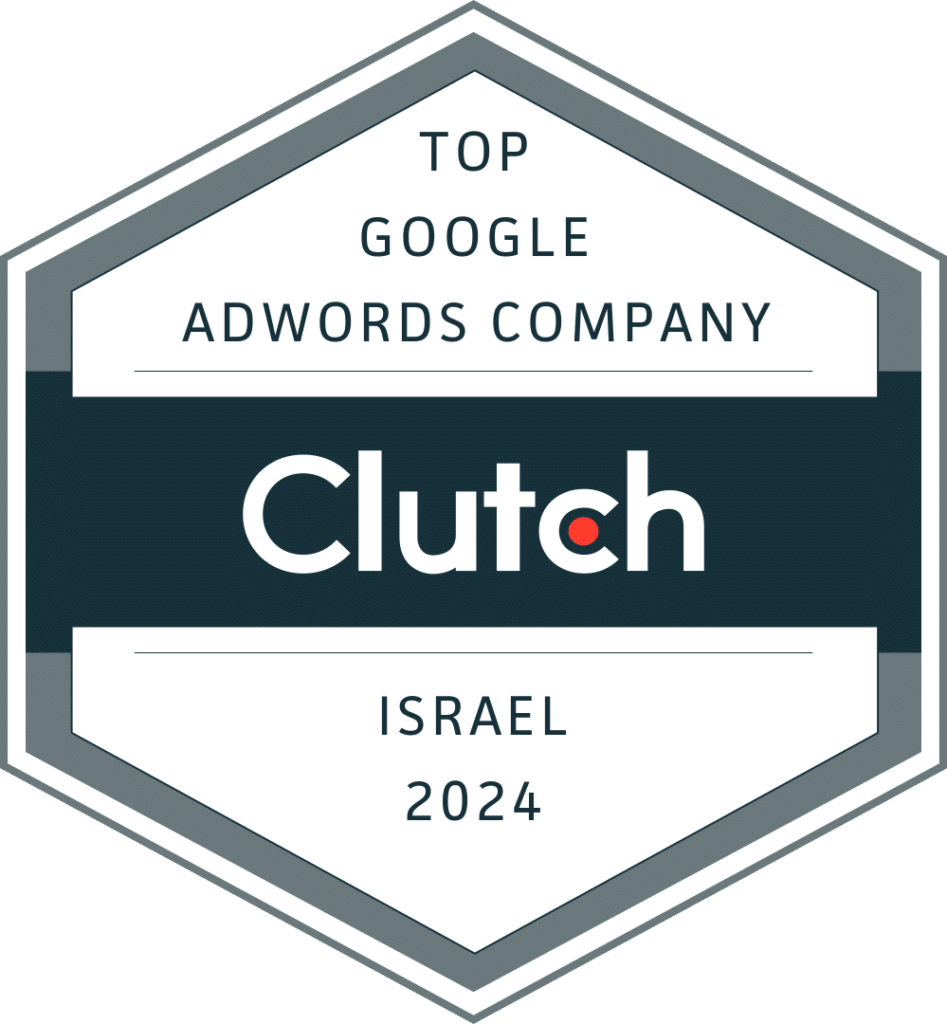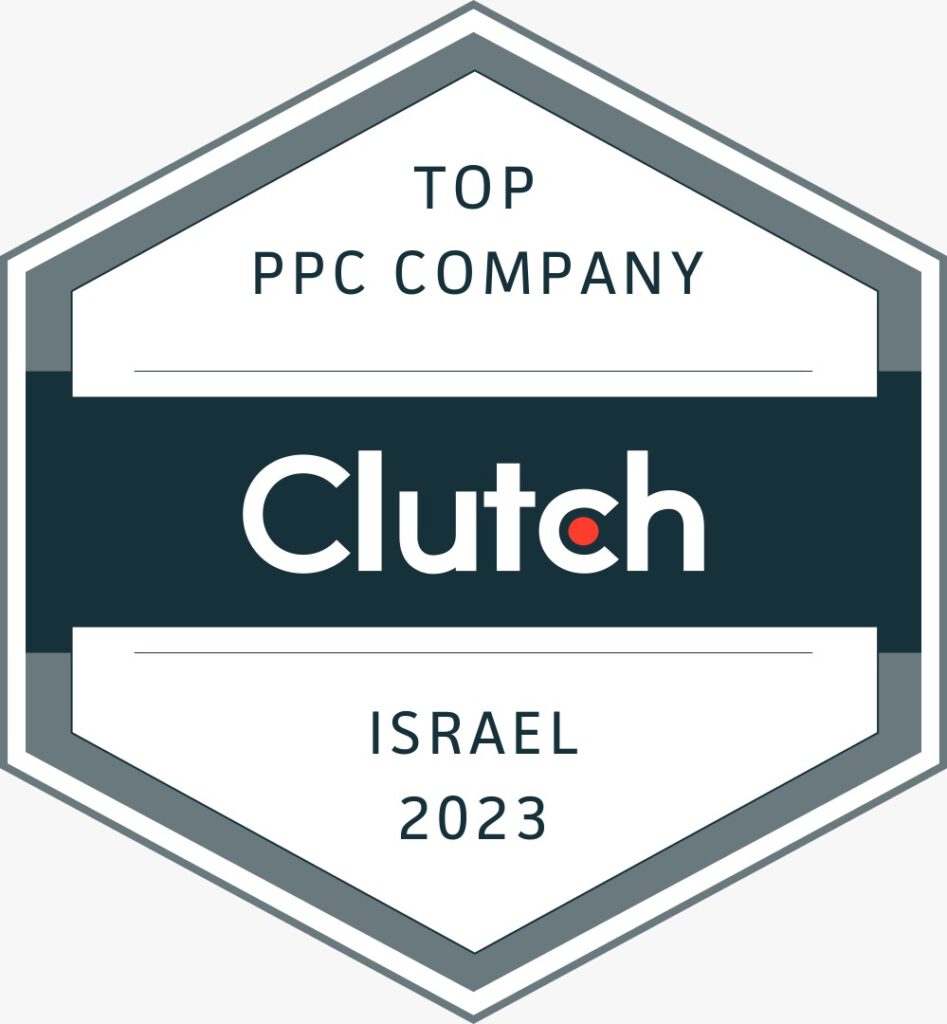Introduction
In the realm of digital marketing, there are various strategies and models that businesses can adopt to promote their products or services. Pay-per-click (PPC) marketing services stand out as a distinct approach that differs significantly from other marketing models. This article aims to explore the characteristics that make PPC marketing services unique and explain why it deviates from traditional marketing methods.
Performance-Based Cost Structure
One of the key differentiators of PPC marketing services is its performance-based cost structure. Unlike traditional advertising models, where businesses pay a fixed amount upfront, PPC charges advertisers based on the actual engagement or clicks generated by their ads. This results in a more cost-effective approach, as businesses only pay for the results they receive, such as website visits or conversions.
Targeted Advertising
PPC marketing allows businesses to precisely target their audience based on various demographics, interests, location, and other factors. This level of granular targeting is often not possible in other marketing models. PPC platforms provide robust tools that enable advertisers to refine their audience reach, ensuring their ads are displayed to users who are more likely to be interested in their offerings. This targeted approach increases the chances of generating qualified leads and conversions.
Instant Visibility and Results
Unlike organic search engine optimization (SEO) efforts, which require time and continuous optimization to improve website rankings, PPC marketing services offer instant visibility on search engine result pages (SERPs). Businesses can launch PPC campaigns and see their ads displayed immediately to their target audience. This immediate visibility can result in quick traffic, leads, and conversions, making PPC an attractive option for businesses looking for immediate results.
Flexibility and Control

PPC marketing services provide businesses with a high degree of flexibility and control over their advertising campaigns. Advertisers have the ability to set daily or campaign-specific budgets, customize ad content, and optimize targeting parameters based on real-time data and performance metrics. This level of control allows businesses to adapt their campaigns quickly, experiment with different strategies, and make data-driven decisions to maximize their return on investment (ROI).
Measurable and Transparent Results
Compared to many other marketing models, PPC offers clear and measurable results. Advertisers have access to detailed analytics and performance metrics that provide insights into the effectiveness of their campaigns. This transparency allows businesses to track key performance indicators (KPIs), such as click-through rates (CTR), conversion rates, and cost per acquisition (CPA). By analyzing these metrics, businesses can identify what works and what needs improvement, optimizing their campaigns for better results.
Conclusion
Pay-per-click (PPC) marketing services stand out from other marketing models due to their unique characteristics. The performance-based cost structure, targeted advertising capabilities, instant visibility, flexibility, and measurable results make PPC an appealing option for businesses aiming to generate qualified leads, increase brand exposure, and achieve tangible ROI. By understanding the distinctive nature of PPC marketing, businesses can leverage this model effectively to drive their marketing efforts and reach their business goals.













